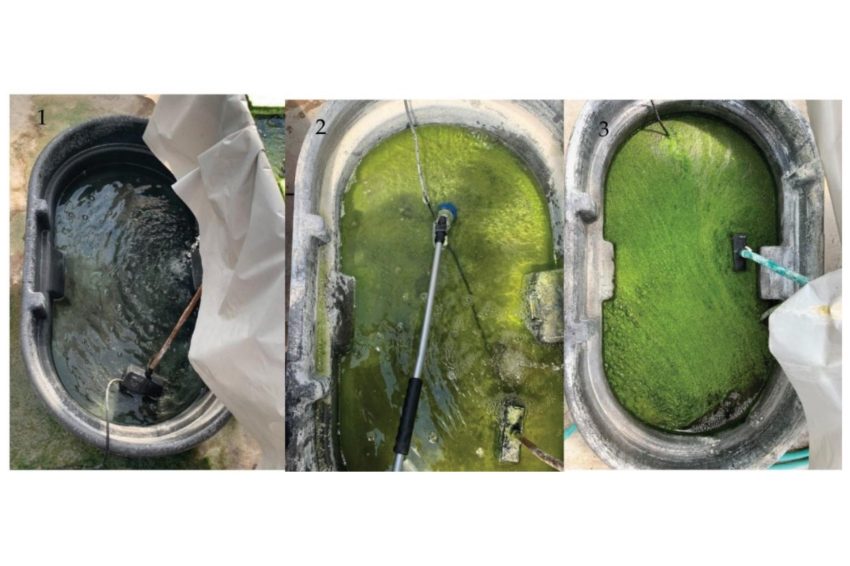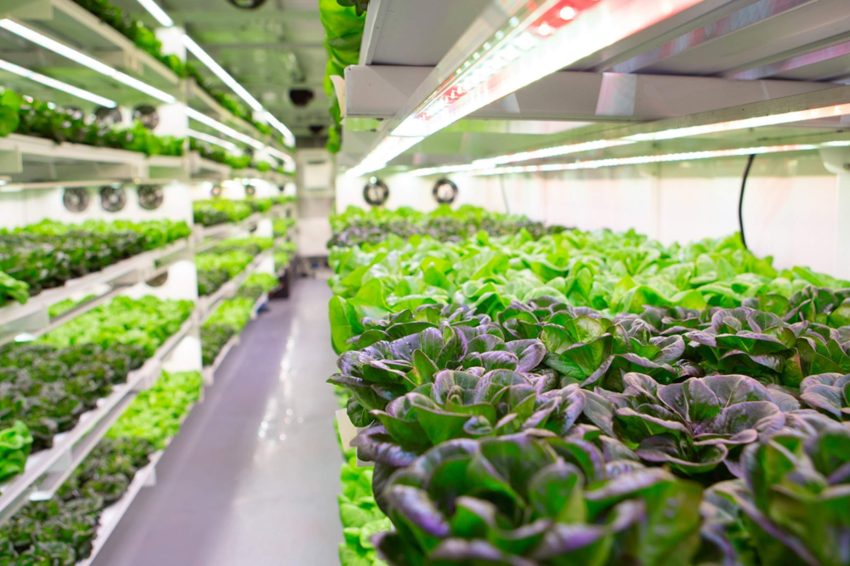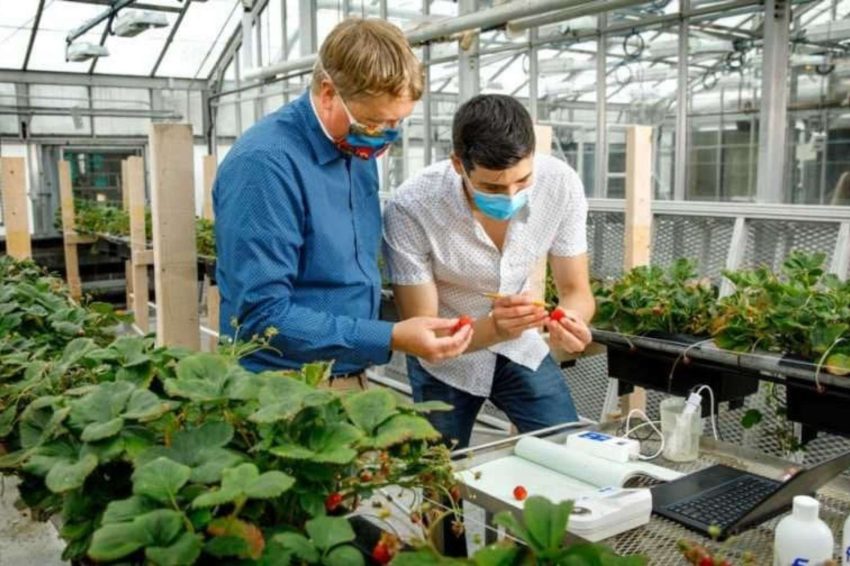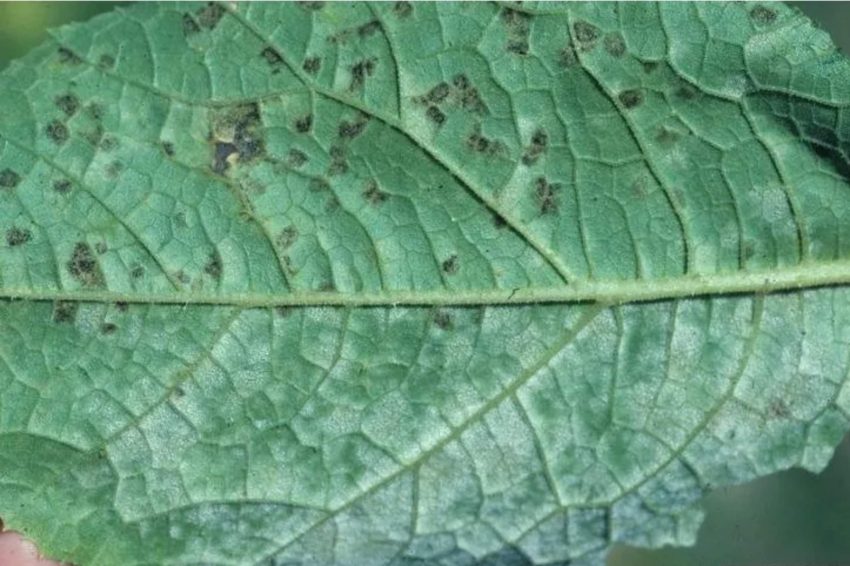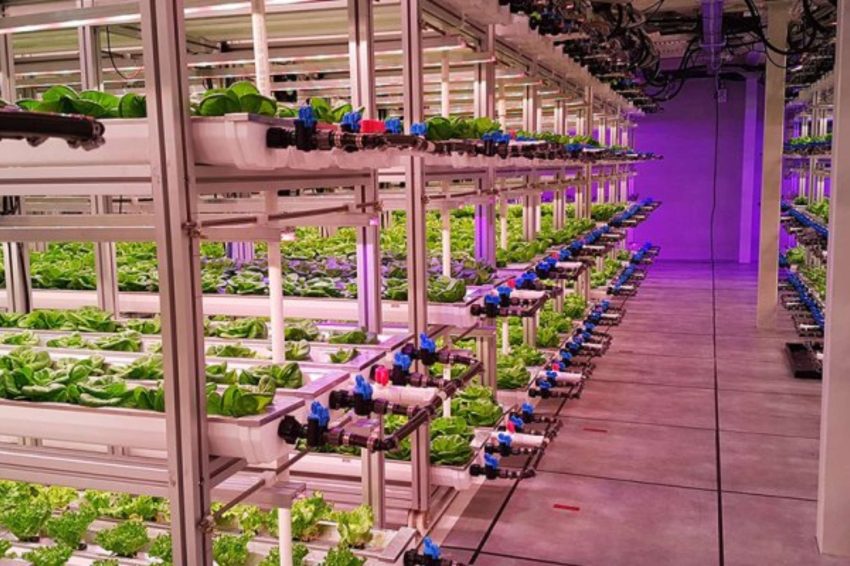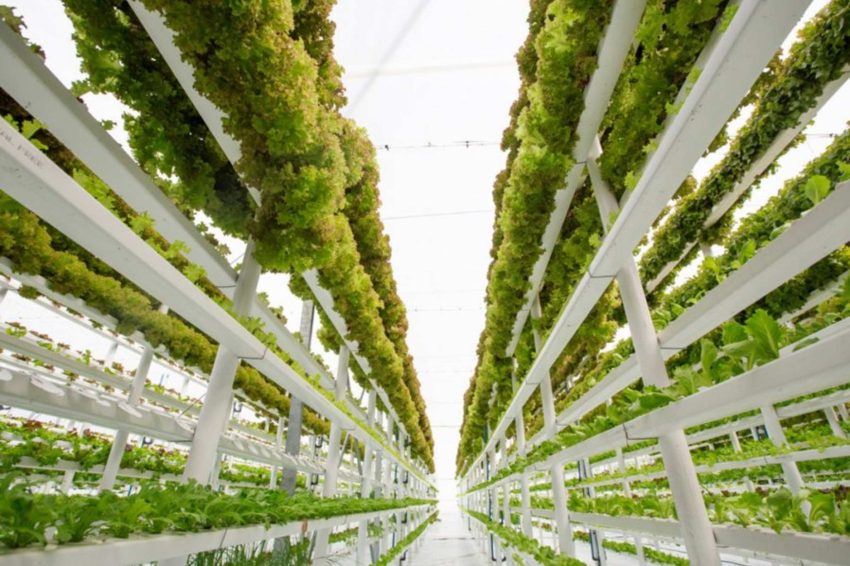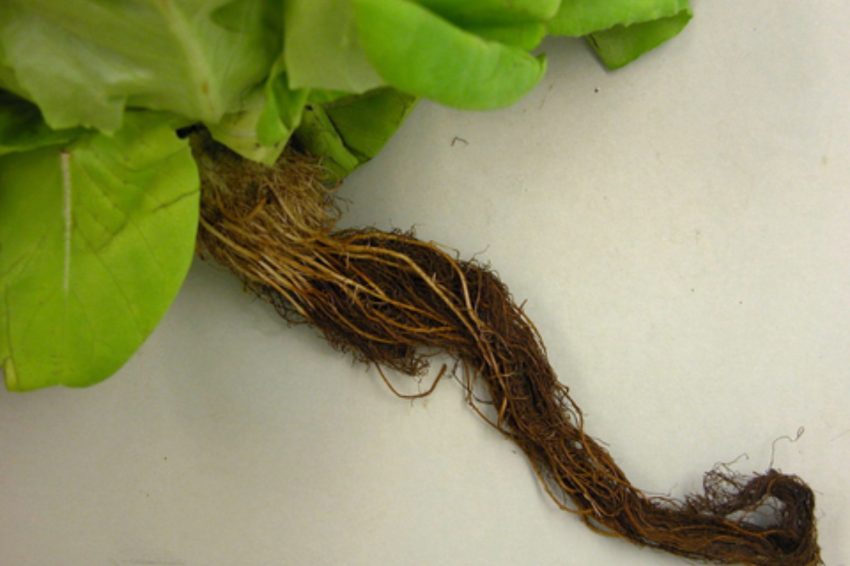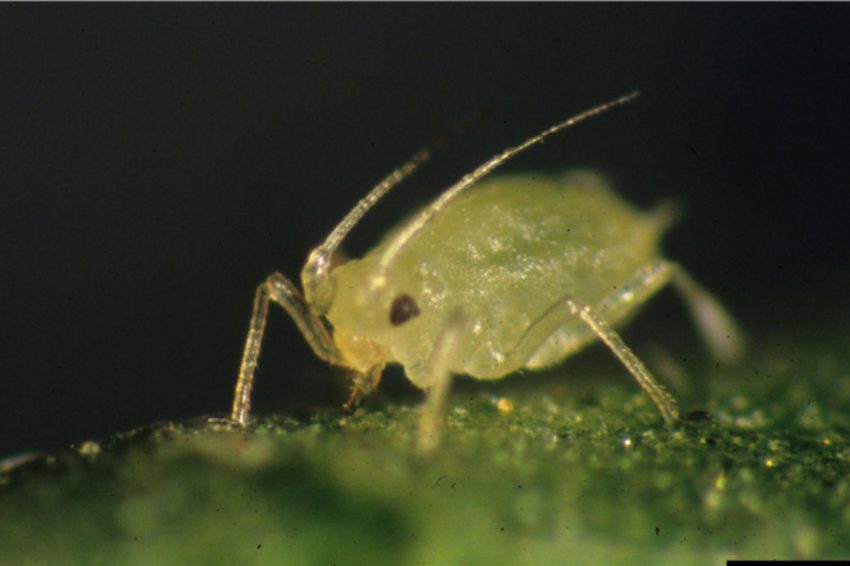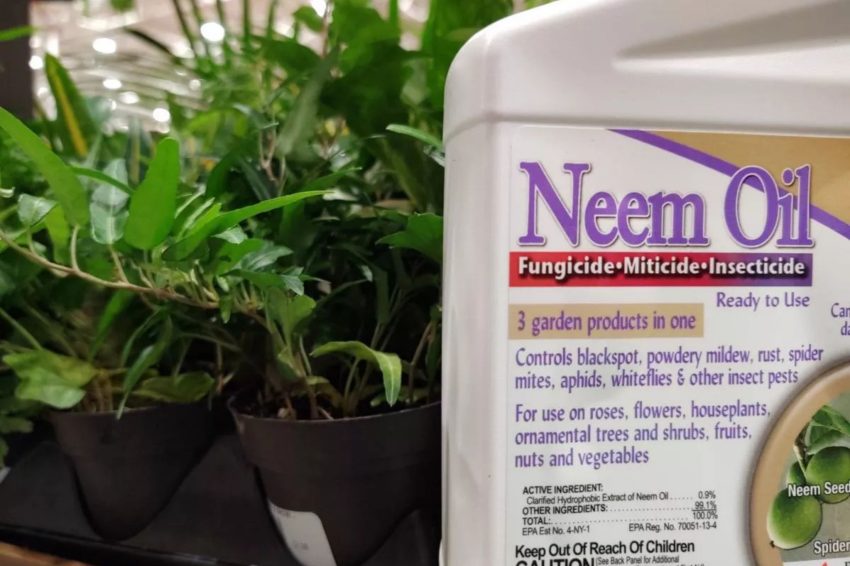Just as with traditional farming, water is the primary component required for vertical farms to thrive. Water hygiene in vertical farming is crucial, as it can affect crop health and nutrient delivery. Many growers make the mistake of simply adding nutrients to their water supply and assuming that would be enough for a healthy yield. …
Vertical Farming Saves Water, But Not Without Challenges
The global market for vertical farming is set to reach $19.86 billion in 2026 as more growers are turning to this type of agriculture because of the declining size of arable land. Additionally, vertical farming saves water compared to traditional farming methods. So, how much water does a vertical farm really save, and what are…
Food Safety in Indoor Agriculture: Water & System Risks
Indoor farming offers growers greater control, consistency, and year-round production. But even in tightly managed environments, the irrigation system can become a critical food safety risk if not properly maintained. In indoor operations, water quality directly impacts crop health, compliance, and consumer safety making proactive water hygiene essential to protecting both yield and reputation. So,…
Diseases in Hydroponics: Causes, Symptoms & Prevention
Growing crops in a hydroponic system is one of the ways you can reduce the risk of many soil-borne diseases, as plants are grown in a water solution. However, this doesn’t mean that you are completely safe from other types of problems, like green water or fungus outbreaks. Diseases in hydroponics can be extremely frustrating,…
How To Maintain a Living Wall and Keep It Healthy
Bringing nature indoors has become central to biophilic design, and indoor green walls are now a familiar feature in offices, retail spaces, and hospitality environments. They provide a stronger connection to natural elements and support calmer, healthier interiors. However, living wall maintenance is an ongoing responsibility, and interiorscape professionals know these installations need more than…
The Full Guide to Vertical Farming in 2026
Are you looking for a way to start food production but don’t have the space? A vertical farm is the solution you’re looking for. Vertical farming has become a popular and more sustainable way to grow healthy crops in urban areas where there is limited growing space. But how exactly do you start this type…
The 2026 Vertical Farm Maintenance Guide
Vertical agriculture is one of the best medicinal and food production methods because it allows for larger yields in smaller spaces. An indoor farm also combats resource scarcity, which is one of the biggest problems growers face. However, vertical farm maintenance can be complex, so you need the right methods and products that won’t damage…
How to Prevent Root Rot in Hydroponics
Hydroponics is a sustainable way to grow food and medicinal crops. Among the many benefits of growing in this type of environment is faster growth, fewer weeds, and improved nutrient control. However, root rot in hydroponics is one of the most challenging issues growers face. If you don’t recognize the signs and attend to the…
How Do You Get Rid of Aphids in Hydroponics?
Many growers choose to grow crops in hydroponics because there is less risk of pest infestations. However, there is one common pest that loves the nutrient density of hydroponically grown crops, and that is the aphid. An aphid is a parasitic insect that is about 1/8th of an inch when fully grown and comes in…
Is Neem Oil Safe to Use on Cannabis Plants?
The main concerns for most cannabis growers are how to protect their crops from pests and which natural pesticides work to get rid of them. One of the most popular products to use is neem oil, which is derived from the Azadirachta indica tree. It’s yellow or brown in color and has a bitter taste…

